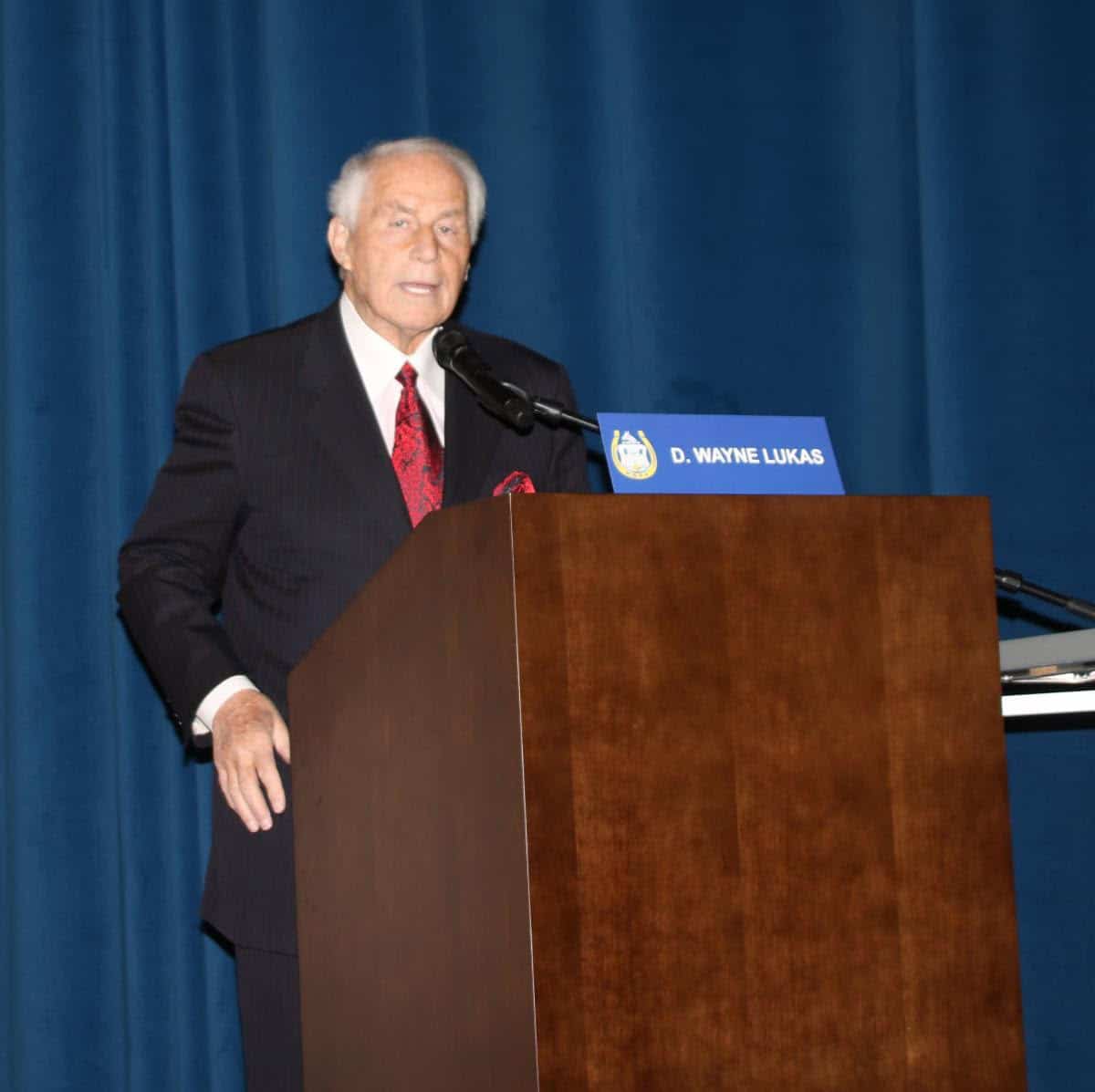Vets Address Ohio Commission on Medication
Blood-Horse
A group of racetrack veterinarians told the Ohio State Racing Commission April 28 they support uniform medication policies, but because their top priority is the welfare of the racehorse, the state’s current equine drug rules should for the most part be left alone.
The vets offered their thoughts as part of a series of meetings being held in Ohio to consider changes in medication rules. Representatives of the Association of Racing Commissioners International, Racing Medication and Testing Consortium, and horsemen’s groups spoke at previous meetings this year.
Dr. John Piehowicz, who practices in Ohio and Northern Kentucky, said racetrack vets should have more say in the development of national uniform medication policy given their responsibility to treat the horse. He said the “real world” is being overlooked, as is his ability as a vet to provide care.
“The welfare of the horse, not the welfare of the industry, must come first,” Piehowicz said. “I believe Ohio’s current policy is the most humane policy in the country.”
Certain aspects of Ohio medication policies are typical of those in other states, though it does maintain some different rules for Thoroughbreds and Standardbreds. It doesn’t appear that will change given the clout the harness industry has in Ohio.
A few Standardbred racetrack vets also said they favor uniform policies, but they told the OSRC they would prefer current policies for corticosteroids and the bronchodilator clenbuterol not be changed to reflect RMTC and RCI model rules. The United States Trotting Association, based in Ohio, left the RMTC last year after the RMTC decided not to develop separate rules.
“I commend the racing commission for reviewing the different aspects and for hearing from different sides on medication,” said Dr. John Reichert, a Standardbred vet. “It’s a major decision to make regarding medication policy. Oftentimes vets and horsemen are put in a negative light, and I disagree with that. We’re after one thing—looking after the health and welfare of the horse.”
Dr. Brett Berthold, a Thoroughbred vet, said rules developed by the RMTC and adopted by RCI “are based on solid premise, but I truly believe Ohio can make it better.” He, too, said uniform medication policies are needed in the industry, but the welfare of the horse is of utmost importance.
Dr. Clara Fenger, a Kentucky vet who founded the North American Association of Racetrack Veterinarians last year to educate practitioners on policy and to give them a unified voice, took issue with some of the adopted threshold levels for commonly used therapeutic medications and the science behind the numbers.
“It’s a great idea to have model rules and uniformity,” Fenger said. “Let’s just take some time to get it right first.”
The RMTC and RCI have repeatedly said the Controlled Therapeutic Medication Schedule is a living document, meaning medications can be added or dropped, and levels can change based on the latest information available to the industry.





